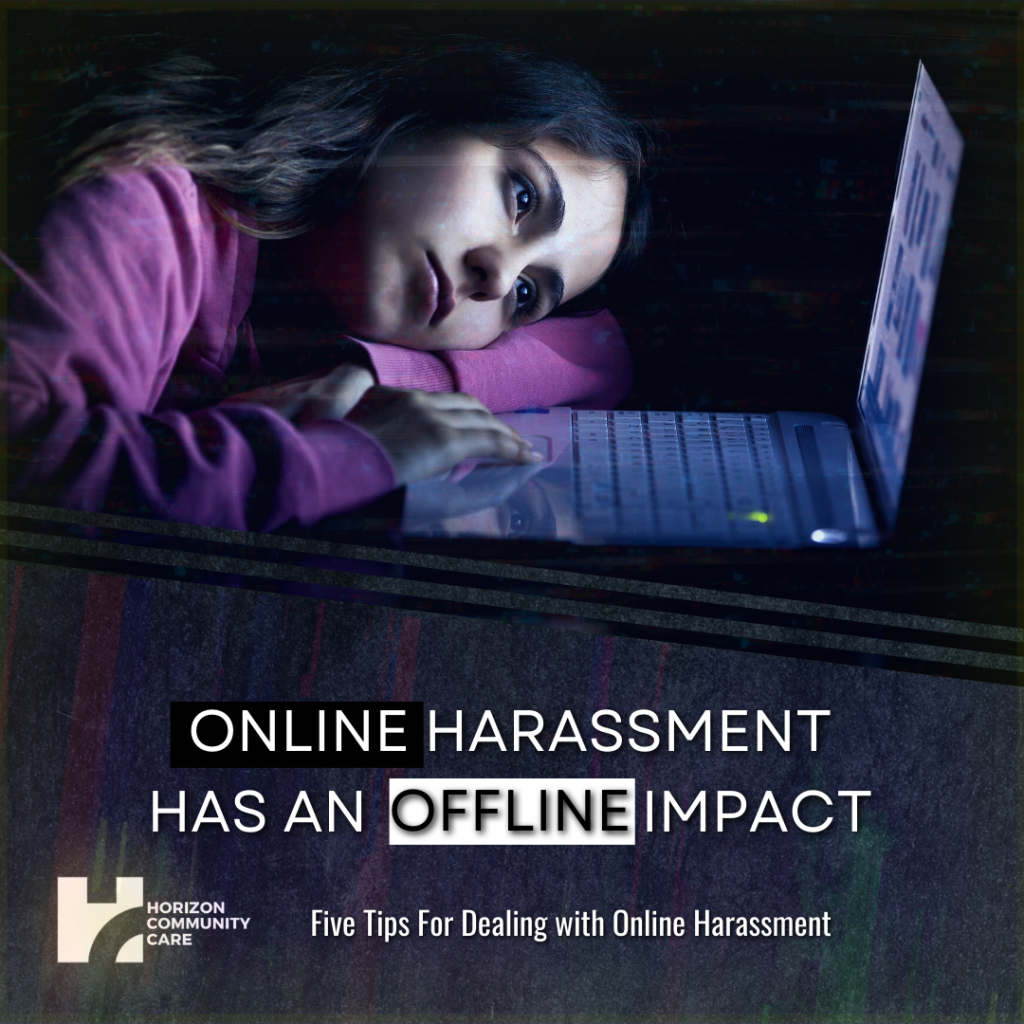
Online harassment is becoming increasingly common in today’s digital age. It can take many forms, from cyberbullying to stalking, and can have a serious impact on a person’s mental health. Here are five tips for dealing with online harassment:
Don’t engage with the harasser
Responding to the harasser can often make the situation worse. Instead, try to ignore the messages and block the person if possible.
Online harassment can be very difficult to deal with, and it’s natural to want to respond to the harasser. However, responding to the harasser can often make the situation worse. It can give the harasser the attention they’re seeking and can escalate the situation. Instead, try to ignore the messages and block the person if possible. Blocking the person can prevent them from contacting you in the future and can help you feel more in control of the situation.
Report the harassment
Many social media platforms have reporting tools that allow you to report harassment. Use these tools to report the harassment to the platform. You can also report the harassment to the authorities if it is serious enough.
Reporting the harassment is an important step in dealing with online harassment. Many social media platforms have reporting tools that allow you to report harassment. Use these tools to report the harassment to the platform. The platform can then take action against the harasser, such as removing their account or banning them from the platform. You can also report the harassment to the authorities if it is serious enough. The authorities can investigate the harassment and take legal action against the harasser if necessary.
Document the harassment
Take screenshots of the messages or posts and save them as evidence. This can be helpful if you decide to report the harassment.
Documenting the harassment is important if you decide to report the harassment. Take screenshots of the messages or posts and save them as evidence. This can be helpful if you decide to report the harassment to the platform or the authorities. The evidence can help them understand the severity of the harassment and take appropriate action.
Reach out to someone you trust
Talk to someone you trust about the harassment. They can provide you with support and help you come up with a plan for dealing with the harassment. Dealing with online harassment can be very stressful, and it’s important to have someone to talk to about it.
It is also important to remember that you are not responsible for the harassment. You did not do anything to deserve it. The harasser is the one who is in the wrong.
Additional Tips:
- Be careful about what information you share online. This includes your personal information, such as your address, phone number, or email address.
- Be aware of the risks of using social media. Social media can be a great way to connect with friends and family, but it can also be a platform for harassment. Here are some risks of using social media.
- Set boundaries. You don’t have to respond to every message or comment you receive online. You can choose to ignore messages from people who are harassing you.
- Take breaks from social media. If you are feeling overwhelmed by online harassment, take a break from social media. This will give you a chance to clear your head and focus on other things.
Remember, you are not alone. There are people who can help you. Contact us today for any help you need it.
